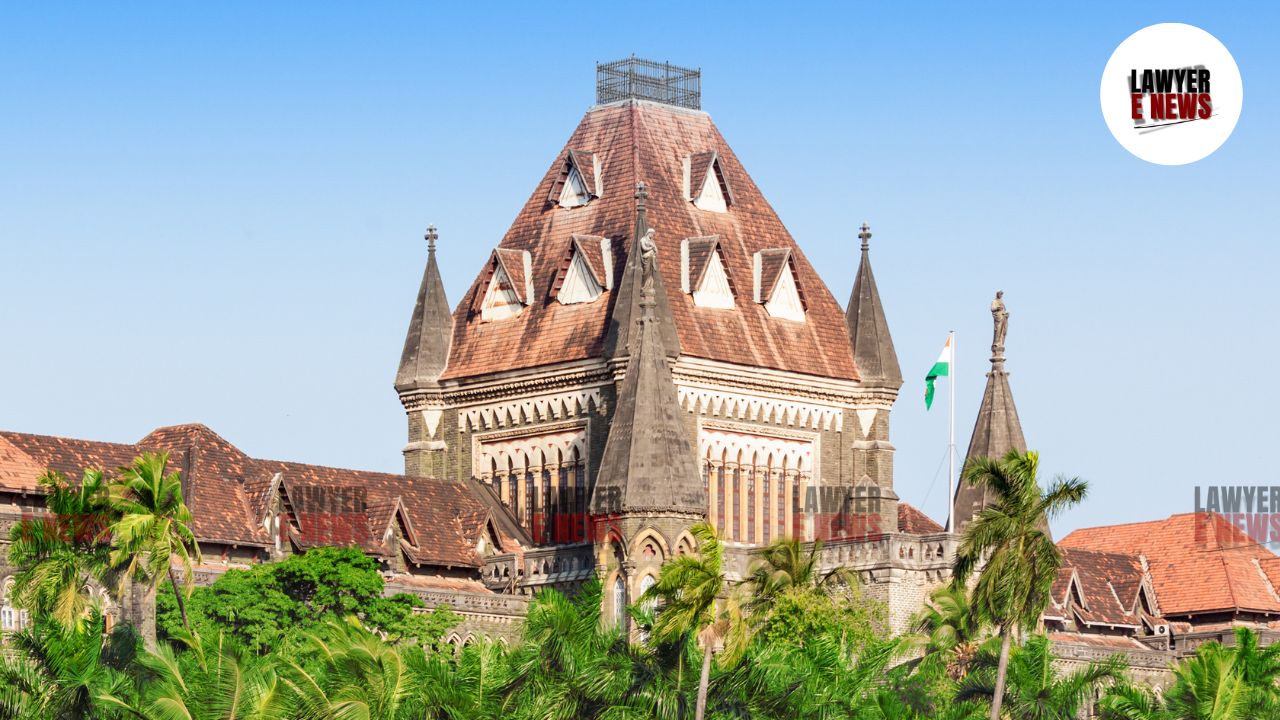-
by Admin
15 February 2026 5:35 AM



Bombay High Court delivered a key ruling in Usman Khan Rashid Khan Pathan v. Vishal Plot Vikrikendre and Others (Civil Revision Application No. 98 of 2022), upholding the trial court's refusal to reject a plaint under Order VII Rule 11 of the Civil Procedure Code (CPC). The case involved the interpretation of Section 69 of the Indian Partnership Act, 1932, regarding the registration of partnership firms. The court dismissed the defendant's application, ruling that the retroactive entry of the plaintiff as a partner in the firm's register did not bar the filing of the suit.
The respondent (Vishal Plot Vikrikendre, represented by Vishal Kele) had filed a suit for specific performance of an agreement to sell property. The applicant (Usman Khan Rashid Khan Pathan) sought to dismiss the suit on the grounds that the partnership firm was not properly registered at the time the suit was filed, as required under Section 69 of the Indian Partnership Act. The applicant argued that the person filing the suit, Vishal Kele, was not listed as a partner at the time of filing the suit, making the suit non-maintainable.
The trial court, however, rejected the application for dismissal, leading the applicant to file a civil revision application in the Bombay High Court.
The central issue in the case was whether the suit filed by the respondent firm was barred under Section 69 of the Indian Partnership Act due to the non-registration of the firm at the time of filing the suit.
Applicability of Section 69 of the Indian Partnership Act: The applicant argued that under Section 69(2), a suit filed by a partnership firm is not maintainable unless the firm is registered, and the person filing the suit is shown as a partner in the firm’s register at the time of filing. In support, the applicant relied on the M/s Shreeram Finance Corporation vs. Yasin Khan decision (AIR 1989 SC 769).
Respondent's Argument and Evidence: The respondent produced Deeds of Reconstitution (2001 and 2020), showing that Vishal Kele had been inducted as a partner well before the suit was filed. Further, the Registrar of Firms issued a certificate retroactively recording Kele's entry as a partner from 2001, though the entry itself was made in 2024, after the suit was filed. The respondent also cited Supreme Court judgments to argue that suits for enforcing statutory or common law rights are not barred by Section 69, even if the firm was not registered at the relevant time.
Retroactive Effect of Registration: The court noted that the reconstitution deeds showed Kele’s partnership since 2001. While the certificate from the Registrar of Firms was issued after the suit, it retroactively confirmed Kele’s status as a partner from 2001, which was crucial. Relying on the Supreme Court's decision in Gwalior Oil Mills v. Supreme Industries (AIR 1999 SC 773), the court held that a retroactive registration is valid for complying with Section 69. Therefore, there was no bar on the filing of the suit.
Statutory and Common Law Rights: Even if Kele had not been a registered partner at the time, the court ruled that suits to enforce statutory or common law rights, such as specific performance of a contract, are not barred under Section 69. The court cited the recent Supreme Court decision in Shiv Developers vs. Aksharay Developers (2022) to support this finding.
Rejection of Plaint Under Order VII Rule 11: The court dismissed the argument for rejecting the plaint under Order VII Rule 11 of the CPC. It held that the grounds raised by the applicant did not meet the criteria for rejection and found no legal infirmity in the trial court’s decision.
The Bombay High Court dismissed the Civil Revision Application, upholding the trial court’s rejection of the application for dismissal of the suit. The court’s decision reinforced the principle that retroactive registration of partners in a firm is valid under the Indian Partnership Act, and that suits to enforce statutory or common law rights are not barred by Section 69.
Date of Decision: September 19, 2024
Usman Khan Rashid Khan Pathan v. Vishal Plot Vikrikendre and Others
